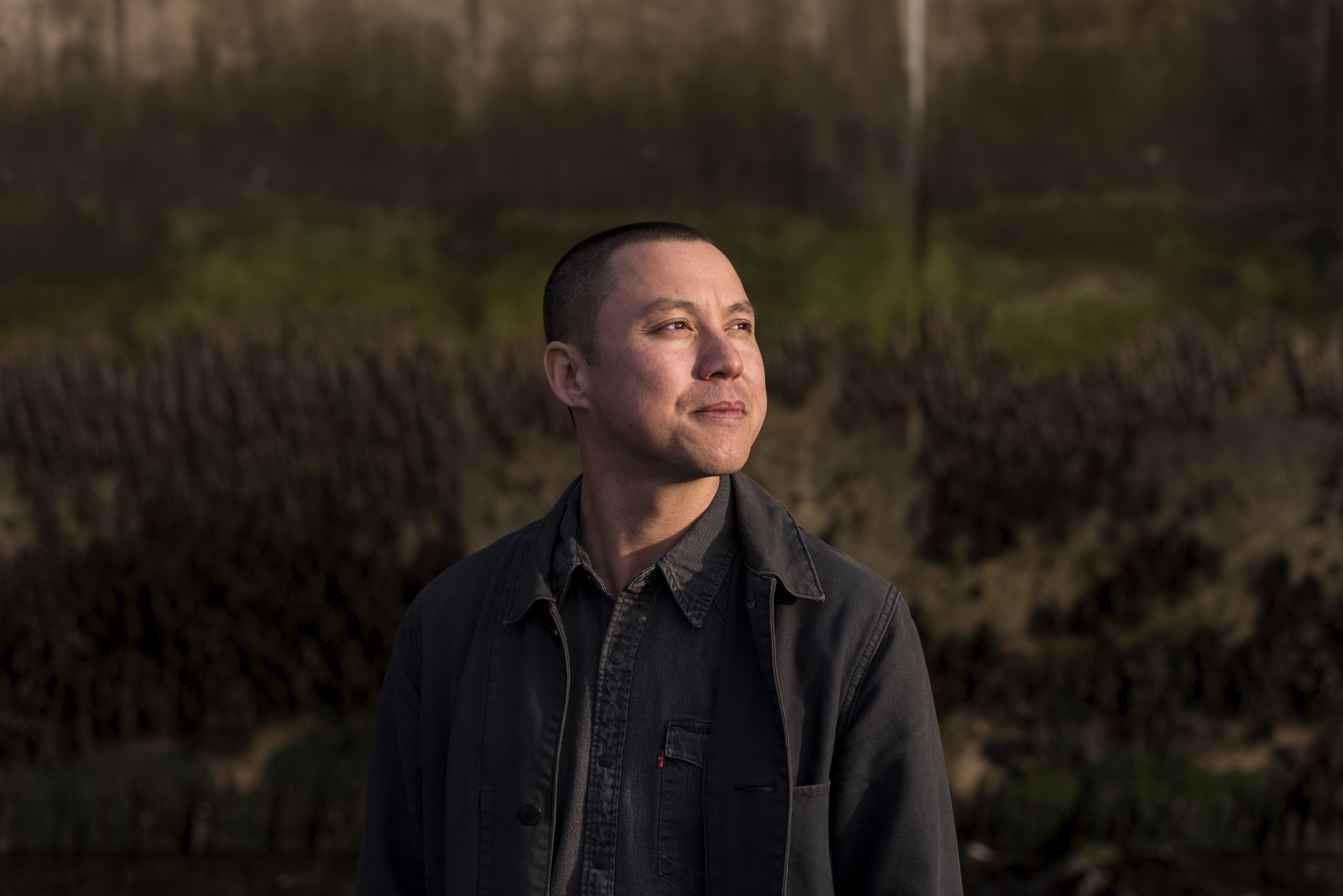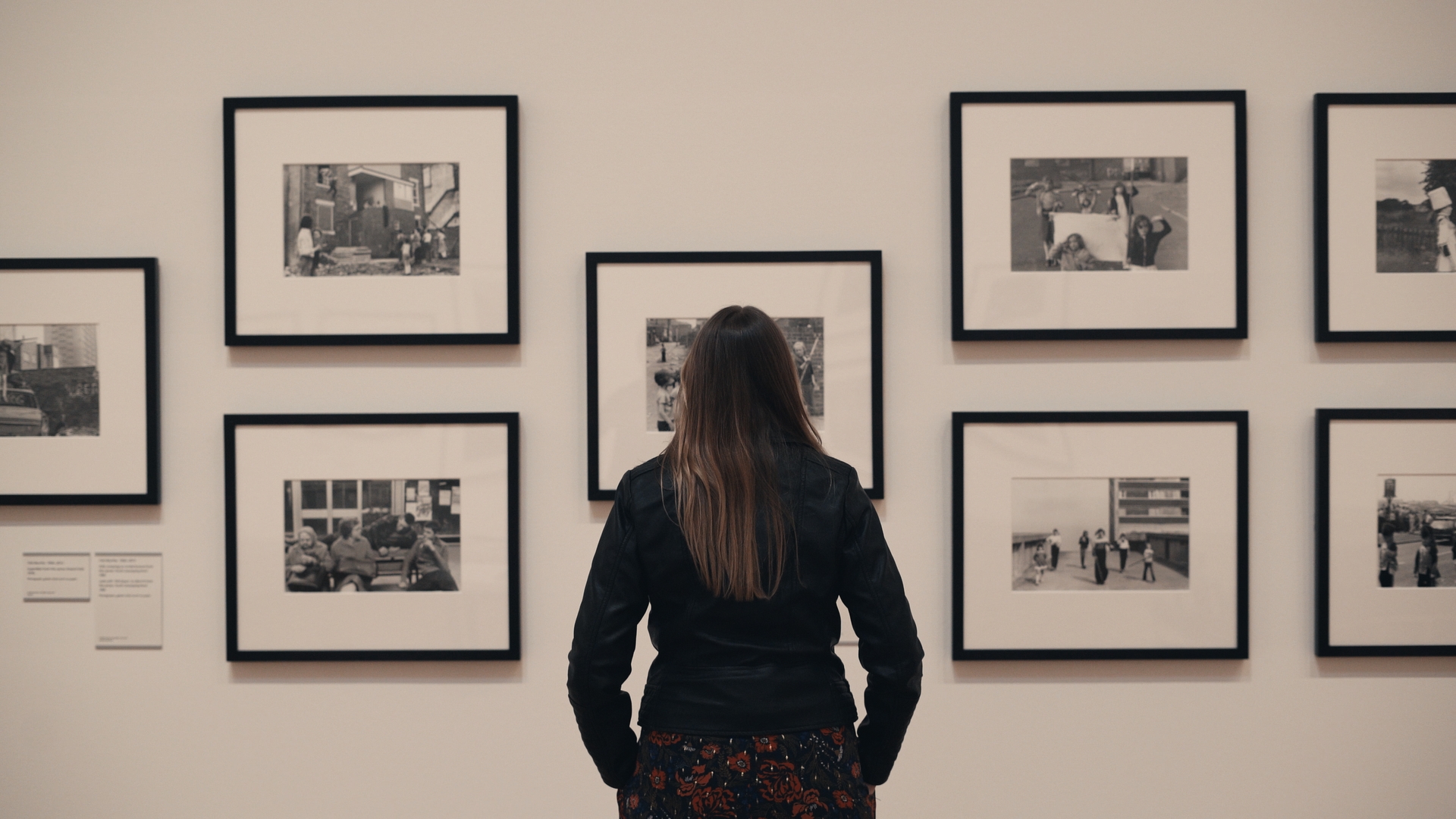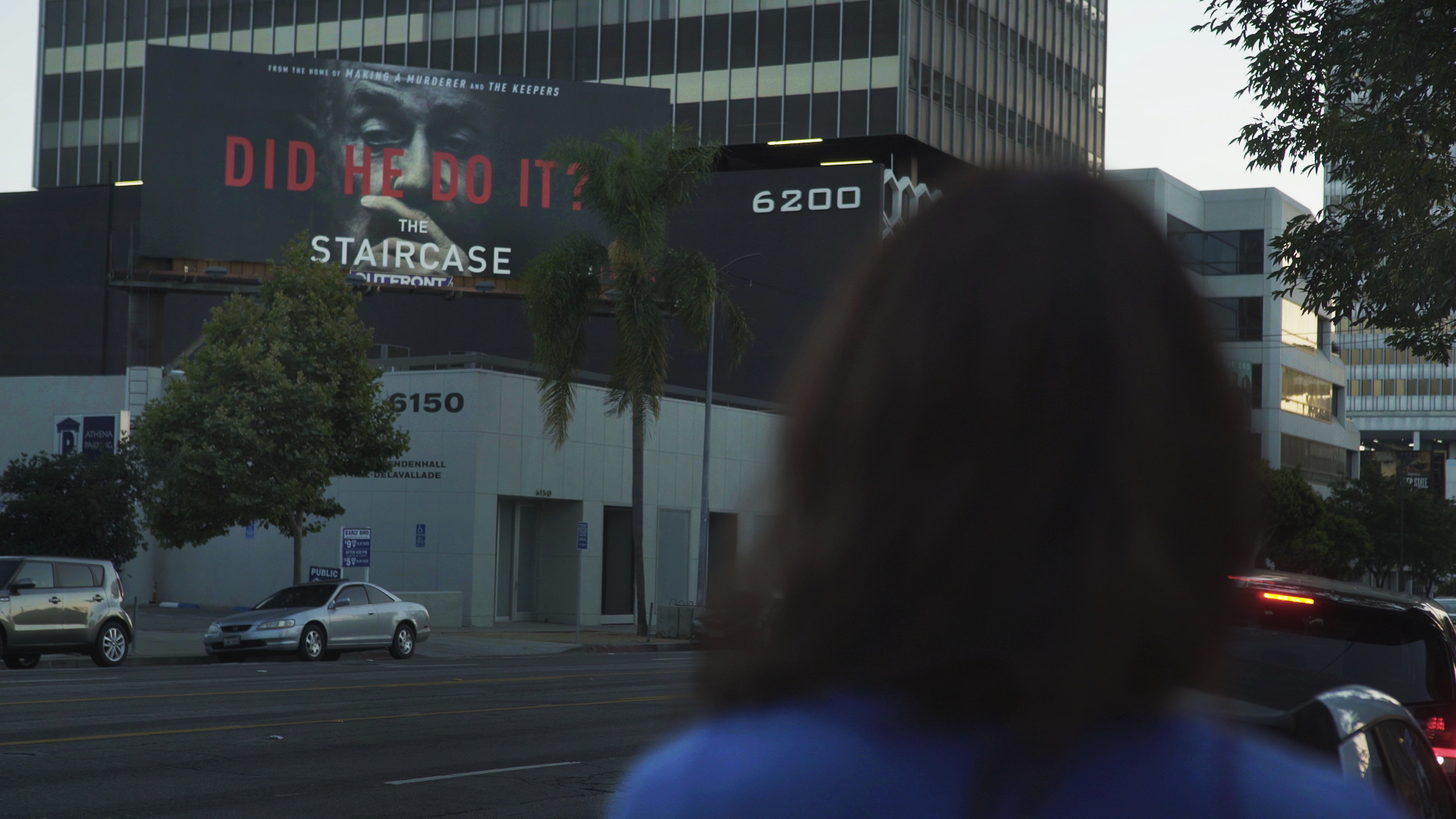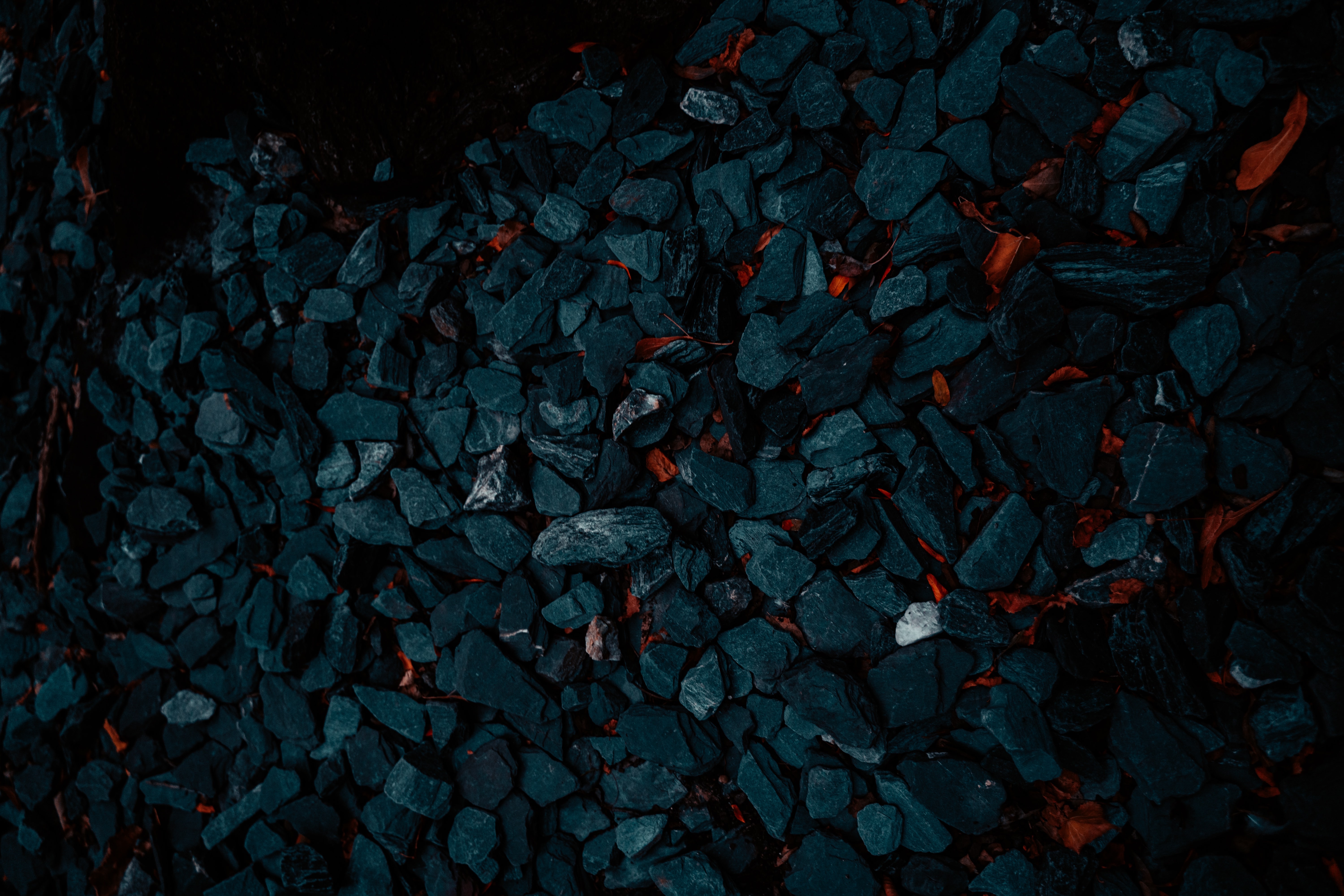What working class artists learn about each other
The Lead's Leah Borromeo speaks with fellow documentary filmmaker Paul Sng about "Tish" - an intimate, powerful portrait about photographer Tish Murtha and her social realist images of 1970s and 1980s Britain.
Paul: It was something I did when I was a kid. Actually, I didn’t. I was too scared. But braver, more foolhardy kids would do that. That image immediately made me think of how similar it was to my childhood. I looked at more pictures on the website and I was drawn to the empathy of the work. You got a sense that Tish was somebody who was on the inside by the way she could get up close to people. I read more and realised that these weren’t just people in her community but her brothers and sisters.
In a roundabout way, in 2017, I was working on a photography book with Laura Dicken who introduced me to Ella because she’d written a pull quote for it. A couple of years later, we were in contact again about another book and I mentioned “if you're ever interested in making a film about your mum, I'd love to have a chat.” She at first wasn't interested because she's a very private person. But then she said “well, let’s have a chat.” We spoke on the phone for a few hours and met up in Newcastle over Covid-19 in 2020. We got on very well and talked about the type of film we’d make.
My filmmaking style is very collaborative and so with producer Jen Corcoran, we said we wanted to bring in the representation of working class people, and how difficult it is not just for working class people, but the intersectionality of being a working class woman and a single mum - and why Tish didn't receive the acclaim she deserved in her lifetime.
Paul and I are both documentary filmmakers. We were less than a handful of East Asians to come out of the same class at Goldsmiths College. I was the posho refugee kid and he was genuinely working class. We both know that money - especially money for documentaries - is hard to come by. “You know how hard it is to get money to make these things,” Paul says. “Even if you’ve got a brilliant, amazing story and great access, that doesn’t make people just give you money.”
But what I wanted to know, knowing him for so long and knowing that one of his previous films focused on another working class artist, is what about them attracts him. And what is he trying to find out about himself?
From first seeing photographer Tish Murtha’s images on Twitter to becoming a thread woven into her daughter Ella’s life by making “Tish”, filmmaker Paul Sng has made a posthumously intimate film about the woman best known for documenting working class life in Newcastle upon Tyne and the North East of England.
The communities she photographed were her own - and the social realism, as many have described her work, was her daily reality. Born in South Shields - the third of ten children - she grew up on a council estate in Elswick, in Newcastle. 1970s England still had a university grant scheme that allowed her to study photography in Newport at the University of Wales. She then returned to Newcastle to document her friends and family while signing on the dole. She created work that highlighted the problem of social poverty in Tyneside and her 1981 exhibition Youth Unemployment became the subject of questions at the House of Commons. The then-prime minister was Margaret Thatcher - the UK was reeling from social upheavals in the 1970s and it was entering a decade that would change the British political landscape.
Tish spent some time in London documenting sex workers in Soho for the Photographers’ Gallery, jobbing for book publishers and photographing up and coming celebrities before moving back to the Northeast in 1987. Her work was acquired by the British Council and the Arts Council and, towards the end of her life, three major exhibitions highlighted the significance of her photography. Tish Murtha died of a sudden brain aneurysm one day before her 57th birthday and her daughter Ella has been managing and working with her archive ever since.
This is where Paul Sng comes in. Having made another documentary about another working class artists, X-Ray Spex’s Polystyrene, Paul says he saw an image of Tish’s brother jumping off onto a mattress on a council estate via the Twitter account Ella ran.

Kids Jumping On To Mattresses - Youth Unemployment (1981) Tish Murtha © Ella Murtha, all rights reserved

Director Paul Sng by Alicia Bruce
Paul: The connection between myself and Celeste and Poly [for Poly Styrene: I Am A Cliché] was similar to the one I have with Ella in that I was brought up by a working class woman who was a single parent. And in a working class community where I was also bi-racial. When I was very young, I didn’t want to be half Chinese. I also didn’t want to be working class because the kids who were bullying me were also working class kids. My mum was always great with me - trying to make me feel special - but it was difficult for me to reconcile my identity. I wanted to be a white middle class kid until I was about twelve. Then I started to accept my identity and began valuing being an outsider. So my connection with these women has been through the connection of a single mother and her child - very us against the world.
I did think about what it meant to make another film about a working class artist - it’s not some kind of kink. These are just the artists I’m drawn to. I guess I have to make a third one now so it looks deliberate!
I guess I'm drawn to this because my relationship with my mom growing up was very special. When it’s you against the world you have a bond - and I saw that bond between Ella and Tish. I also looked at what it meant by me making this film as a man - because it is a film about women. Even though I make it a point to have at least half of the crew from underrepresented backgrounds, it was doubly important to ensure that the teams we put together were predominantly women led. If you’re making films with and about women, you need to surround yourself with people who understand that experience far better than you can. And I know Ella was more comfortable surrounded by women, like a woman director of photography. She’d often joke that “Paul's our token man on this project” and things like that.
Leah: So here’s a question about the lens as a way of observing and coping with the trauma you’re living through, something I see very present in Tish’s work. From what I hear from Ella, it was a way for her mother to endure the Thatcher years - which has parallels with our current time and government, but was probably a lot worse. It’s like we’re going through a redux but, this time, the violence is coming from our fellow brown people. Are the stories that you work on a way to process trauma?
Paul: Why you make films and your reasons for making them are intensely personal, as you know. In anything that you make, you have to find something that’s yours and yours only. I’m definitely learning something about my identity in these films. Like when Tish was struggling in terms of feeling valued or not valued and the questions that she had about how her work should be represented and her fierceness about wanting to protect her work because she wanted to protect the people in it. When you make documentaries, you have a duty to the people that you work with, you know how they're represented. Because, often in my case, they do become friends.
You mention the times we’re going through and it’s not dissimilar to Thatcherism when you look at what the government is inflicting on people as members of the diaspora when it comes to immigration. It’s disturbing. I think what concerns me more is the levels of poverty and how unnecessary it is. The difference is that Thatcher had an ideology. And although I don't think she was a decent person, I think she believed in what she was doing. I don’t think she was corrupt. I think she was morally bankrupt. I think the people that are in charge now are grifters purely in it for coin and to enrich themselves and promote their friends' business interests. I think part of making this film is to shine a lens on the past, and then reflect it back on the present. Tish said there's a certain kind of terror in knowing how fucked up the world is and she was a bit of a Cassandra - she predicted what would happen. Not specifics like Brexit, but she certainly predicted what would happen if a community of people were disenfranchised and marginalised and not listened to. She said there would be grave repercussions. Brexit in some ways, was a big up yours to the system, to neoliberalism and late stage capitalism.
There's also something in coming from the communities you're documenting. I think it's deeply unfair that photographers like Martin Parr are held up as the voice of the masses. No disrespect to Martin, but he's a middle class white guy. That's not to say you can't have empathy but having shared roots with the people in your images elevates them to another level.

Leah: You seem genuinely affected by your journey with Tish even though she was long gone by the time you got to know her. Are you able to tell us how you've been changed and challenged since encountering her and Ella?
Paul: Ella jokingly said to me one point during the edit, "you love my mom, don't you?" And I was like, "Yeah, I do." Not in a romantic way but I did fall in love with her, yes. No archive exists of her in terms of video or recordings. And we had to construct everything from diaries and from letters. But through spending time with those intimate and personal things, you see the fuller picture of her as a person.
Leah: There's also been a lot of talk about legacy and the preservation of legacy. How much of this is Ella in an act of love for her mother, a way to keep her alive?
Paul: I won't speak for her but I get a sense that she's found it cathartic. If you just look at the archive, she'd done such a brilliant job and published three books out of it. Most documentary photographers know who Tish Murtha is because of that. She's put Tish in the canon - her mother's work has been acquired by the Tate. All while she is grieving.
For many, many reasons, I wish Tish was still alive and that we were making a very different sort of film - one where she is "successful". She would have been an excellent political commentator and if you can find her writing, I'd recommend it. Very much aligned with Dawn Foster, for example. I would have loved to hear what she thought about Keir Starmer and the guy Dawn called "lickspittle" - Wes Streeting. It would have been just joyful to listen to her slagging off the current Labour front bench. It would have been nice to actually hear her voice.
You can watch Tish online now on the BFI player and on Curzon Home Cinema. It's available on iTunes, Amazon and Google Play from 05 February 2024. For more information, visit the Modern Films website.
The Lead is now on Substack.
Become a Member, and get our most groundbreaking content first. Become a Founder, and join the newsroom’s internal conversation - meet the writers, the editors and more.





